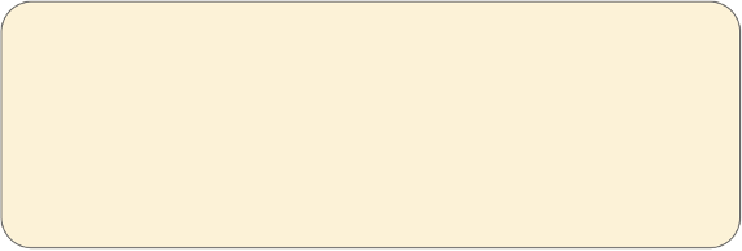Travel Reference
In-Depth Information
Ireland is rich with history, art, and language. And the country continues to transform and
grow today, learning from its experience with the Celtic Tiger economy (a bittersweet
memory), making progress toward peace, and reexamining some of its long-held social
customs.
Ireland became an island when rising seas covered the last land bridge (7000
B.C.
), a sep-
aration from Britain that the Irish would fight to maintain for the next 9,000 years. Snakes
weretooslowtomigratebeforetheseascutIrelandoff,despitelaterlegendsaboutSt.Pat-
rick banishing them. By 6000
B.C.
, Stone Age hunter-fishers had settled on the east coast,
followed by Neolithic farmers (from the island of Britain). These early inhabitants left
behind impressive but mysterious funeral mounds (passage graves) and large Stonehenge-
type stone circles.
Perhaps more an invasion of ideas than of armies, the Celtic culture from Central Europe
(particularly that of the most influential tribe, called the
Gaels
) settled in Ireland, where
it would dominate for a thousand years. A warrior people with more than a hundred petty
kings, they feuded constantly with rival clans and gathered in ring forts for protection.
There were more than 300
tuatha
(clans) in Ireland, each with its own
rí
(king), who
would've happily chopped the legs off anyone who called him “petty.” The island was
nominally ruled by a single
Ard Rí
(high king) at the
Hill of Tara
(north of Dublin),
though there was no centralized nation.
What's a Celt?
The Irish are a Celtic people. The Celts, who came from Central Europe, began mi-
grating west in about 1500
B.C.
Over time, many settled in the British Isles and in
western France. When the Angles and Saxons came later, grabbing the best land
in the British Isles (which became Angle-land...or England), the Celts survived in
Brittany, Cornwall, Wales, Scotland, and Ireland. Today, this “Celtic Crescent” still
nearly encircles England. The word “Celtic” (pronounced with a hard
C
) comes
from the Greek “Keltoi,” meaning barbarian.

